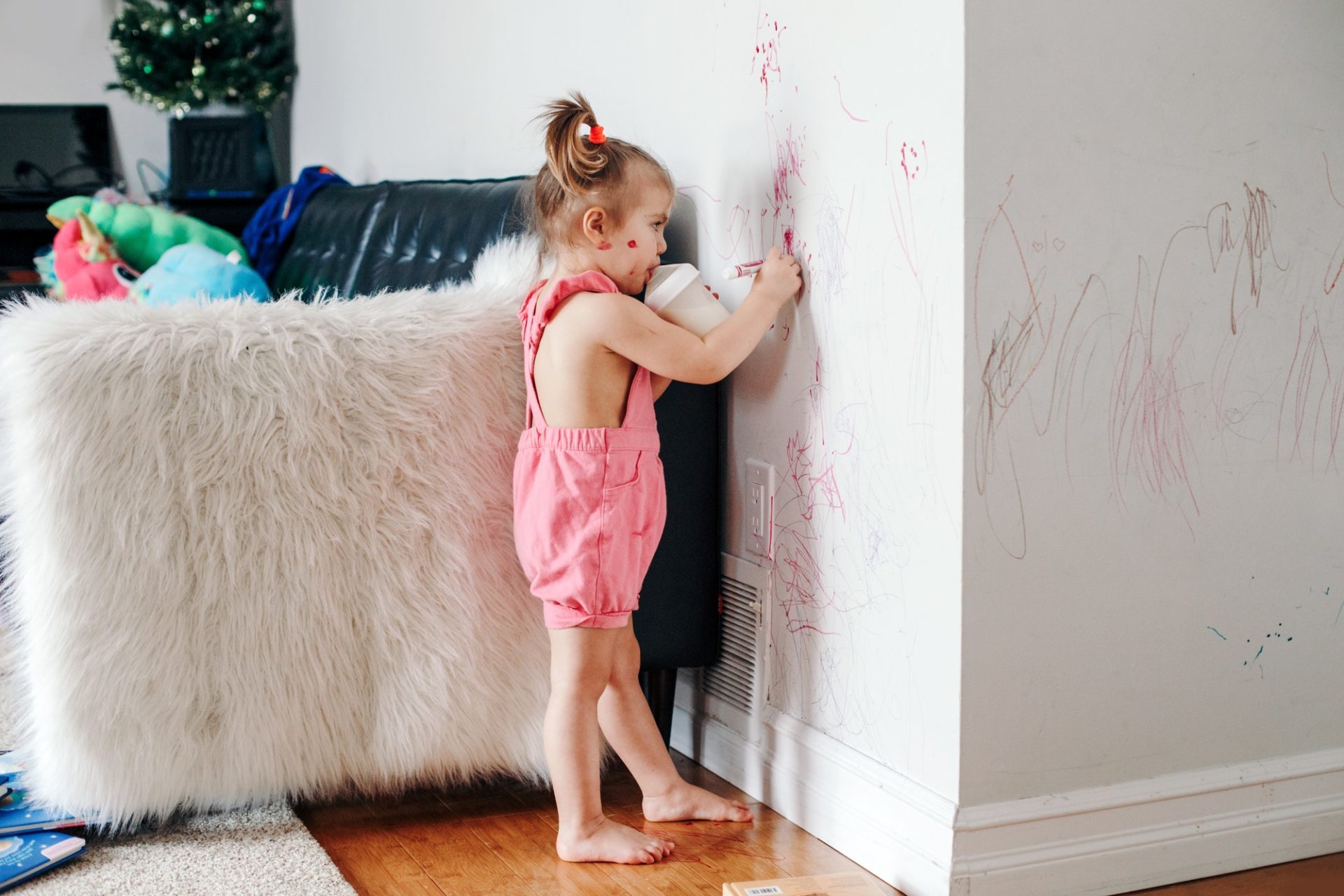As a parent, you love your child more than anything else in the world, but even the most well- behaved children have their moments. Those with children are often reminded that parenting is a 24/7 job. Does your toddler constantly make you pull out your hair?
Try these tips for dealing with toddler misbehaviour:
- Understand why children misbehave. Children may misbehave when they’re hungry or tired. If you ensure they have enough to eat and take naps regularly, you’ll have fewer tantrums to contend with. Children also misbehave when they’re feeling angry or frustrated, especially if they’re told no. Avoid giving them everything they want, whenever they want it. Just keep in mind that some children throw tantrums when they aren’t given their way.
- Give your children the attention they deserve. Often times, children misbehave because they’re seeking attention. Since they don’t know the difference between positive and negative attention, they’ll act out when they want you to notice them. By giving children positive attention, you’ll reduce the tendency for them to act out. Spend as much time as possible with your children to provide plenty of positive attention.
- Stick to a daily routine. When circumstances are out of the ordinary, children will sometimes act differently. By sticking to a consistent daily routine, you’ll reduce the chances of that happening.
- Set clear boundaries and ensure your child understands the rules. Set rules and ensure your child follows them at home. It’s easier to discipline a child at home when you can take your time and be patient.If you can get your child to be well-behaved at home, you’ll have an easier time getting them to do the same in outside situations.
- Change a child’s behaviour by suggesting an alternate activity. If your child is doing something you don’t want them to do, suggest an activity that’s more acceptable. If the child complies with your suggestion, you’ll have corrected the behaviour without anyone getting upset.
- Give your child choices. If you let your children choose between two or three different activities, they’re likely to be more cooperative. Providing several choices increases the chances of you suggesting something that they would want to do. Letting your kids make the decision, rather than just being told what to do, gives them a sense of power.
- Avoid making empty threats. If you threaten punishment, you need to be prepared to follow through with it. If you fail to follow through with a threat, your child will learn how to take control of the situation. They’ll learn to patiently wait for you to cave in, so they can get what they want. When you follow through with your punishments, your child will learn that there are consequences for failing to follow the rules. Whenever possible, be sure the consequences happen immediately. Avoid waiting until you get home, two hours later, to give a toddler a timeout. They’ll think they got away with bad behavior earlier, and they won’t understand why they’re being punished later. Ensure that your consequences are age appropriate. A general rule of thumb is to give a toddler a timeout that lasts for 1 minute for each year of their age. For example, a three-year-old can handle a 3-minute timeout and a five-year-old can handle one that lasts 5 minutes.
- Praise positive behaviour. When parents have unruly children they often focus on punishments and consequences. By praising or rewarding good behaviour, you’ll be giving your child the attention they desire while also reinforcing good behaviour.
If your child is starting to get out of control, stay calm and remember these tips. Getting frustrated or angry will only make things worse for both you and your child. On the other hand, staying calm and using these strategies will most likely result in your child learning to behave and cooperate with you. In the end, everyone will be happier.


